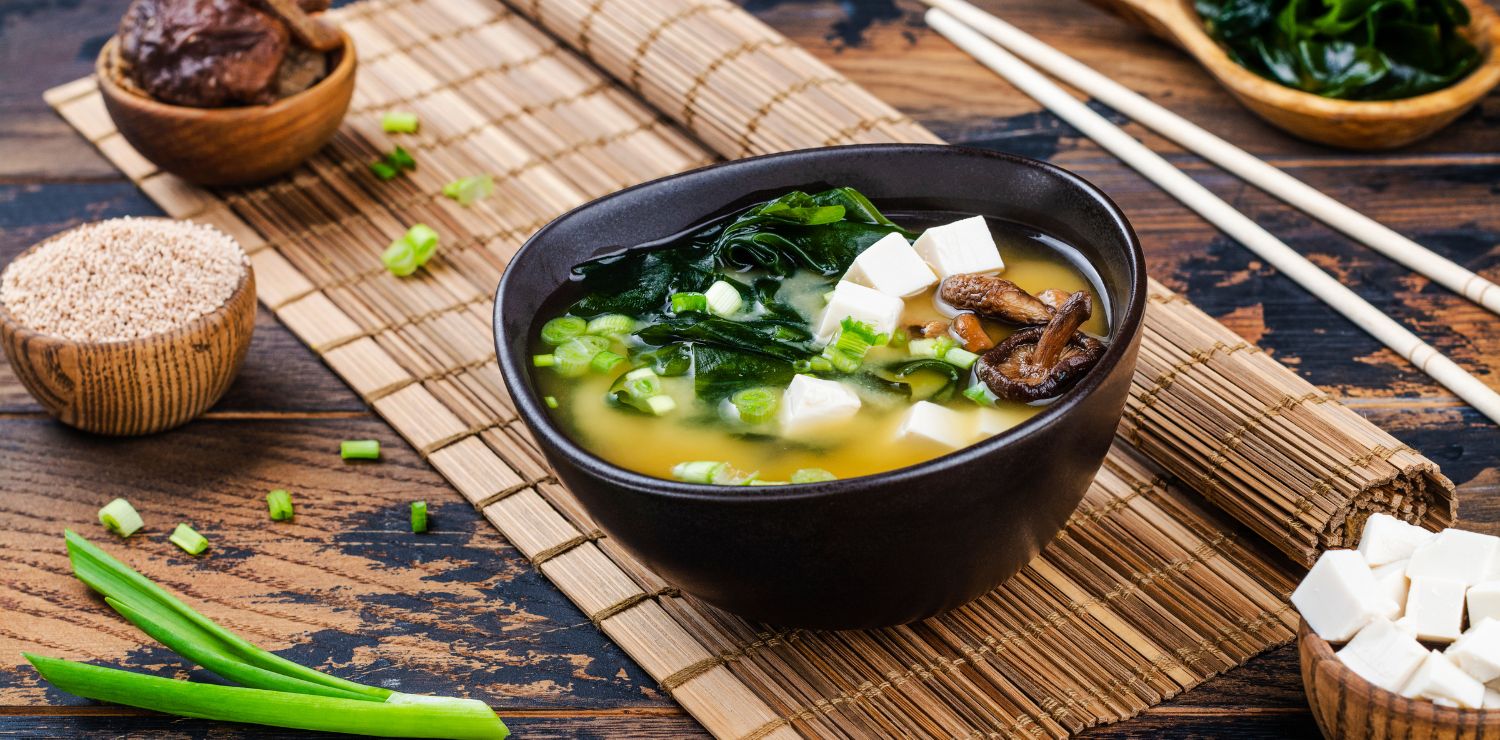The Healthiest Foods Used in Japanese Culture
Japan is known for its healthy and balanced cuisine , which emphasizes fresh, minimally processed, and nutrient-dense foods. Here are some of the popular healthy foods in Japan:
- Fish: Fish is an important source of high-quality protein, as well as omega-3 fatty acids that are beneficial for heart health. Among the most famous fish, you will find salmon, which is an oily fish often used to make sushi, sashimi or even grilled meats. Then come tuna, which is a fish rich in protein and nutrients, also used to make sushi and sashimi. Mackerel is also a fish known for its good fat as well as its unmissable flavor. It is often served marinated in vinegar or used to make sushi or sashimi. To a lesser extent, you will also find sea bass, cod, anchovies and octopus.

- White rice: It is a staple food in Japanese cuisine. It is rich in complex carbohydrates, B vitamins and minerals. White rice is used in particular for the preparation of various dishes such as sushi, donburis, Japanese curry, onigiris, and teishokus.

- Tofu: Tofu is a popular vegetarian protein source in Japan. It is rich in calcium and iron, as well as essential amino acids. We mainly find tofu in miso soup which is a very famous side dish in Japan. It can also be cut into cubes then fried and served as a main dish. We can sometimes find it in addition to chicken when making Yakitori skewers, as well as in ramen or added to the broth when preparing a famous shabu-shabu.

- Sea vegetables: Seaweed and other sea vegetables are rich in nutrients, such as iodine, calcium, iron, and antioxidants. Among the different seaweeds we find wakame which is a brown seaweed commonly used in miso soups, salads, and rice dishes. Also, nori is a commonly used seaweed, thin and crispy. It is used to wrap sushi and onigiri. Hijiki, kombu, mozuku, and aonori are also found in many Japanese recipes.

- Green Tea: Green tea is a popular beverage in Japan. It is rich in antioxidants and catechins, which are beneficial for heart health. Green tea is mainly found in matcha, a popular drink that can be served hot or cold. Its use is not limited to beverages. In fact, green tea is present in different recipes such as gyudon, which is a Japanese rice dish with slices of beef cooked in a sweet soy broth, dorayaki, which are small Japanese pancake-shaped cakes, or in soba noodles where green tea is added to the sauce to add flavor.

- Fermented vegetables: Fermented vegetables, such as kimchi and natto, are rich in probiotics and digestive enzymes that benefit gut health, although their taste and smell can be a little strong and may not suit all palates.

- Mushrooms: Mushrooms, such as shiitake and enoki, are rich in nutrients such as B vitamins, minerals, and antioxidants. Shiitake are very often added to the preparation of miso soups as well as in the force made to fill gyoza. Enoki are mainly used for dishes such as yakitori.

- Soy: Soy is an important source of vegetable protein, fiber and nutrients, such as calcium and iron. When we talk about soy, we immediately think of the different variants of sweet or savory sauces. However, its use is not limited to that. In fact, tofu is a food composed of soy and as already mentioned, very often present in miso soup. It is also often consumed under the name of edamame which are immature soka pods boiled and then served as a snack or accompaniment for drinks.

The Japanese attach great importance to their diet because they believe that what they eat affects their health and well-being. Food is considered a natural medicine and is often used to prevent and treat diseases.
Japan has a long history of agriculture and fishing, and Japanese cuisine emphasizes fresh, local, and seasonal foods. The Japanese are known for their healthy diet, rich in vegetables, fruits, fish, soybeans, and rice. They have also developed a variety of food preparation techniques, such as steaming, simmering, lightly frying, and fermenting, that preserve the flavor, texture, and nutrients of foods.
Finally, Japanese culture places great importance on the presentation and tasting of food. Japanese dishes are often served in smaller portions and decorated with fresh and colorful ingredients, making the meal more enjoyable and satisfying. All of this contributes to the healthy and balanced food culture in Japan.







What are the different Japanese culinary specialties? (Part 3)
Ramune, the best Japanese drink